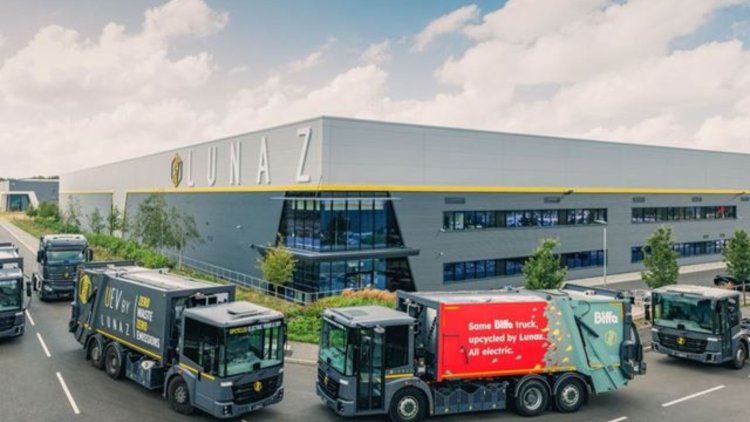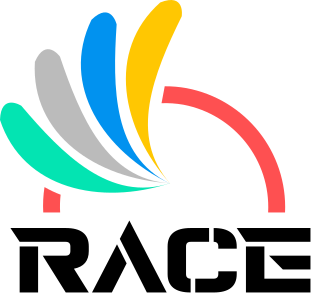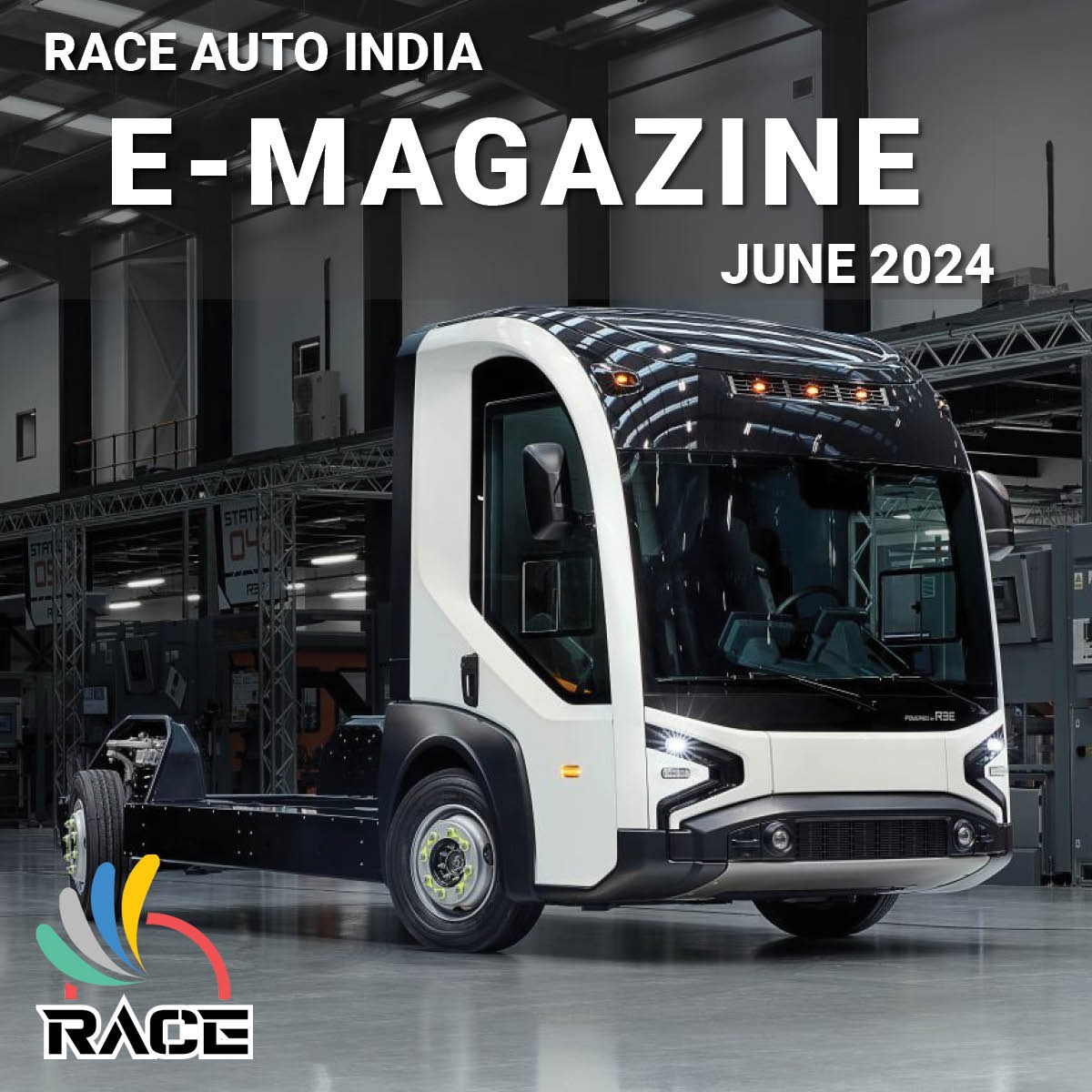Altilium and Lunaz partnership for low carbon EV Battery Transport
To develop an innovative and low carbon logistical solution for the safe transportation and discharging of end-of-life EV batteries.

Essex, United Kingdom- Altilium Clean technology., a UK-based clean technology group focused on supporting the transition to net zero, has announced a partnership with Lunaz Group, Europe’s upcycling and vehicle electrification business, to develop an innovative and low carbon logistical solution for the safe transportation and discharging of end-of-life EV batteries.
The project, funded by the Automotive Transformation Fund (ATF), is the latest addition to Altilium's comprehensive ecosystem of technological solutions designed to ensure the responsible management of EV batteries, from end-of-life collection to direct re-use of recovered materials in the production of new batteries.
Lunaz's team of engineers will use their electrification expertise and proprietary technology to develop a prototype upcycled electric HGV, specifically designed to transport end-of-life EV batteries and capable of harvesting and running on the electrical energy remaining in the batteries, as part of this collaboration. This will allow them to be transported efficiently and sustainably to Altilium's planned recycling facilities while also discharging them prior to recycling.
Kamran Mahdavi, CEO of Altilium, said that, We're thrilled to be driving innovation and creating the future of low-carbon battery raw materials with our colleagues at Lunaz, who are at the forefront of upcycling ICE vehicles into EVs. Millions of EV batteries will need to be transported for recycling or reuse over the next decade, and we are committed to developing low-carbon logistics solutions that can handle these large amounts of waste while also supporting the development of a domestic circular economy for battery metals.
Altilium plans to open a UK EV battery recycling plant in Teesside by 2026, capable of recycling batteries from 150,000 electric vehicles annually. This plant will produce 30,000 MT of Cathode Active Materials (CAM) for reuse in EV batteries. Altilium aims to address the growing issue of end-of-life battery waste in the UK, with an estimated 1.4 million batteries per year by 2040, by expanding into battery collection and management as part of their circularity approach.
David Lorenz, founder and CEO of Lunaz, said that, With this agreement, Lunaz is happy to have completed the circularity loop, further solidifying the company's position as a fully integrated clean-tech leader. We can deliver even more value and a lower carbon impact by harnessing the potential of upcycling, which we can now do at every stage of our unique process.
Lunaz transforms existing industrial vehicles into clean-air powertrains, saving up to 82% of embedded carbon. They've partnered with Biffa for the first fleet rollout this year. Lunaz's Silverstone campus can upcycle over 1,110 vehicles annually. Altilium aims to cut battery recycling carbon emissions by up to 5% by addressing transportation challenges, which account for 41% of costs and 3.5% of emissions.
About Altilium
Altilium is a UK-based clean tech group that will reshape the UK and European automotive supply chain by offering high volume, low carbon domestic sources of cathode and anode materials from recycling waste streams already in circulation, such as lithium scrap. In 2022, the company opened its Battery Recycling Technology Centre in Devon, to deepen and strengthen its competitive edge in the recycling of lithium-ion batteries.
About Lunaz
Lunaz is a full-service engineering, electrification and upcycling company with manufacturing capabilities from the cellular level of battery technologies to fully upcycled vehicles of all types. Lunaz has proven its capabilities and approach by upcycling everything from the world’s most cherished classic cars to refuse trucks on an industrial scale. It is poised to apply this proven and systemised approach to multiple large-volume vehicle applications


